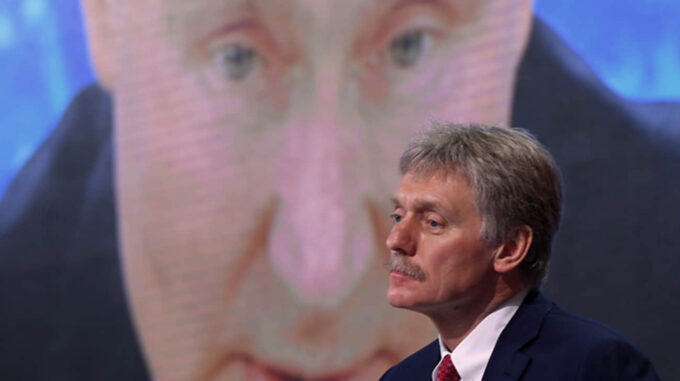The Kremlin greeted with pleasure the statement made by a senior American diplomat regarding the possibility of discussing NATO’s non-expansion to the east

This news caused an international resonance and served as a kind of signal to the Kremlin about a shift in Washington's diplomatic approach concerning security guarantees in Europe. According to information obtained by agencies, notably Interfax and referencing the Ukrainian publication "European Truth," the Kremlin spokesperson Dmitry Peskov issued a comment on this situation, expressing joy about the positive signal from the United States. According to him, Washington seems to recognize and appreciate Moscow’s position on the inadmissibility of rapid and large-scale NATO expansion to the east — including Ukraine and neighboring countries. Peskov emphasized that President Vladimir Putin persistently and consistently conveys to his American partners and NATO representatives his concept regarding the unacceptable further advancement of alliance military structures to the east. He pointed out that such clarifications find support in Washington, and the current level of mutual understanding is a positive signal for Russia. “We are glad that our efforts to communicate our position to American interlocutors are having a positive effect and are gaining support within their circles,” the Kremlin representative stated. Furthermore, Peskov highlighted that future discussions on this topic should be conducted in a closed consultation format, since open public statements can overlook important nuances of diplomatic agreements. He added that it is precisely through closed negotiations — which likely also contributed to recent statements by Keith Kelleog, the U.S. president’s special envoy, regarding Washington’s willingness to consider Russia’s concerns about NATO expansion. In an interview with ABC News, Keith Kelleog expressed the opinion that the United States consistently recognizes Russia's concerns regarding the potential expansion of the alliance. He stated that Washington is open to discussing the possibility of halting further accession of new countries to NATO, considering their security interests. “We understand that it’s not only about Ukraine but also about Georgia, Moldova. And we are open to discussions on stopping NATO’s expansion to Russia’s borders,” the diplomat noted. These declarations carry particular significance in the context of the tense situation on the eve of the NATO summit in The Hague. Ukrainian President Volodymyr Zelensky emphasized that Ukraine insists on being necessarily present at the alliance’s main event, stressing that the absence of an invitation would be seen as a symbolic triumph for Putin over NATO and a signal of weakness of the Euro-Atlantic alliance. Despite this, additional sources report that, due to current U.S. President Donald Trump and an unchanged diplomatic approach, efforts are underway to minimize mentions of Ukraine in the final document of the Hague summit. Preliminary indications suggest that many analysts and diplomats forecast Ukraine's topic might be excluded from the memorandum or omitted entirely without a separate item, once again confirming the difficulties Ukraine and its partners face in security and defense matters within NATO. Thus, these events fit into a complex diplomatic game around security guarantees and strategic interests, which is unfolding ahead of an important regional summit. Russia again gains an opportunity to present itself as a significant and respected partner in negotiations, while the West attempts to strike a balance between supporting Ukraine and seeking compromises with Moscow. All these steps are of great importance for the future of European security and international transformations in defense and diplomacy.

